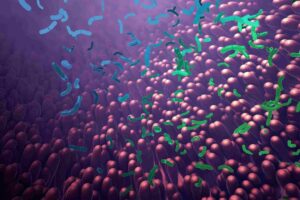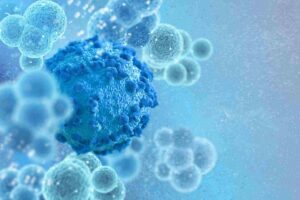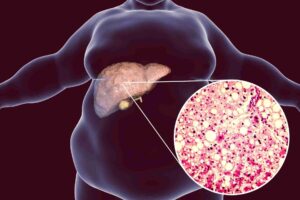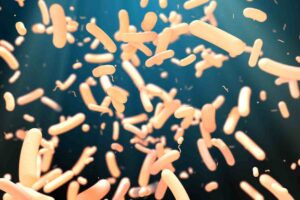Gastroenterology
Gastroenterology, Video
Maria Teresa Abreu (University of Miami, USA) discussed some new strategies to design clinical trials.
Gastroenterology, Video
Theresa Pizarro, (Case Western Reserve University School of Medicine) discussed the roles of epithelial barrier’s cytokines, gut microbiome and Gasdermin in IBD patients.
Gastroenterology
Probiotic supplements with ethanol-metabolizing activity may help reduce the disease burden of excessive alcohol consumption.
Gastroenterology, Video
Sudarshen Paramsothy (University of New South Wales, Australia) discussed the controversials about FMT in IBD patients.
Gastroenterology, Video
Herbert Tilg (University Innsbruck, Austria) discussed the relationship between Inflammatory Bowel Diseases and gut microbiome.
Gastroenterology, Immunology
The findings of a new research show that gut bacteria can become harmful over time by gaining the ability to escape the intestine and persist in other organs where they…
Gastroenterology, Pneumology
The findings of a new research suggest that changes in the microbial composition of people with COVID-19 could be used as a biomarker of invasion of lung pathogens and dysbiosis…
Gastroenterology
The findings of a new research reveal the microbiota alterations during NAFLD and suggest that gut microbes can be used as an early clinical sign of the condition.
Gastroenterology
Researchers have found that some microbes involved in inflammatory conditions produced different effects based on their interaction with different host genes and through different pathways.
Gastroenterology, Pediatrics
New research highlights how microbial signatures could be used to prevent necrotizing enterocolitis, leading to faster diagnosis.











